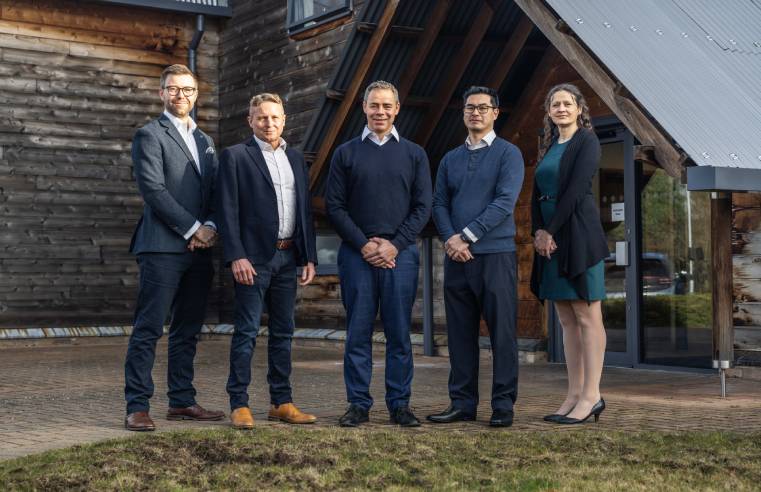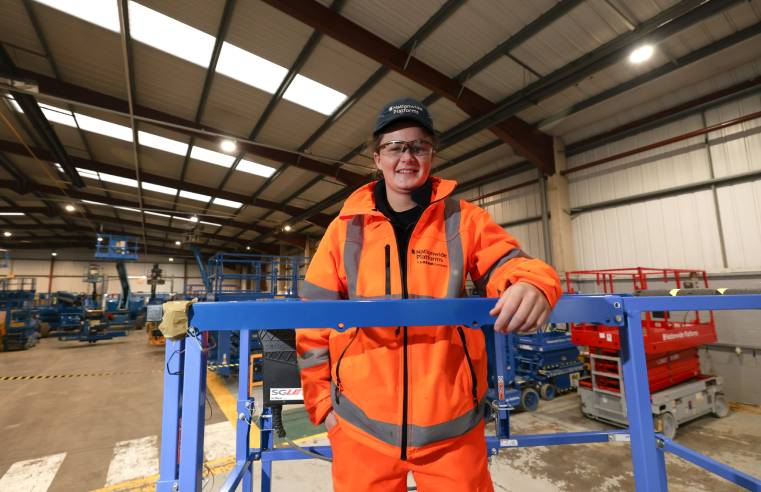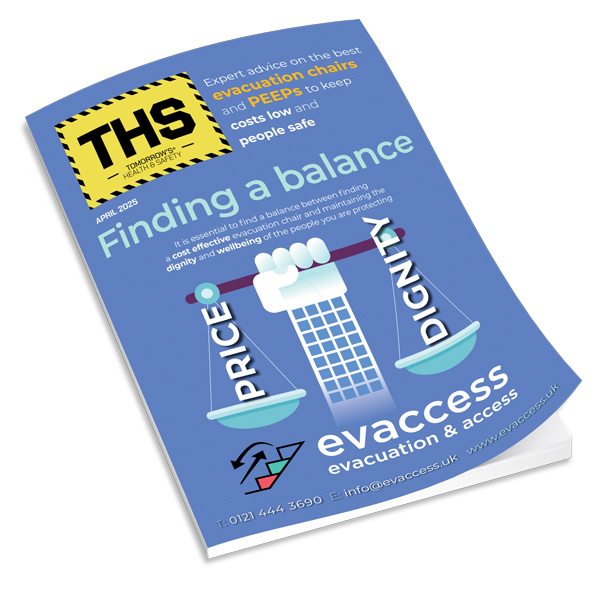The British Occupational Hygiene Society, the Chartered Society for Worker Health Protection with a long history of providing scientific guidance on workplace health exposures, has released a paper on the use of face coverings in the workplace.
The Society is concerned that there is an absence of clear guidance to employers about the likely requests by workers to wear face masks, following new government rules about the wearing of face coverings in public places. The paper provides an outline of the key current considerations for employees, employers and those advising them . It outlines some key considerations for employers when considering whether to restrict, permit or mandate the use of face masks in the workplace.
Speaking on behalf of the Society, its President, Kelvin Williams said: “We are acutely aware that the science around face coverings is far from clear. We also understand that the public health measures being recommended by the WHO and the government will lead people to have an expectation that wearing a face-covering at work might be the right thing to do. The Society wanted to clarify the considerations that should be in the minds of employers when trying to assess complex risks and address their responsibilities. We hope that this paper helps in that process.”
The paper follows the Society’s widely-referenced guide on returning to work. It was the first UK scientific body to highlight the risks to health for employees arising from the unprecedented shutdown of premises and processes.
“COVID-19 continues to throw up areas where we cannot yet make informed decisions that are guided by science. The whole area of face coverings continues to be one of these. Employers are, to some extent, being asked to make up their own minds when they do COVID-19 risk assessments,” commented the Society’s Chief Executive, Kevin Bampton. “We hope that this paper, which draws on a wide range of experience and expertise in the Society, will help them to make decisions that are right for their workforce. Our aim is to assist employers to feel confident about how to think through this issue, which is one that is clearly challenging both the government and the scientific community.”






















